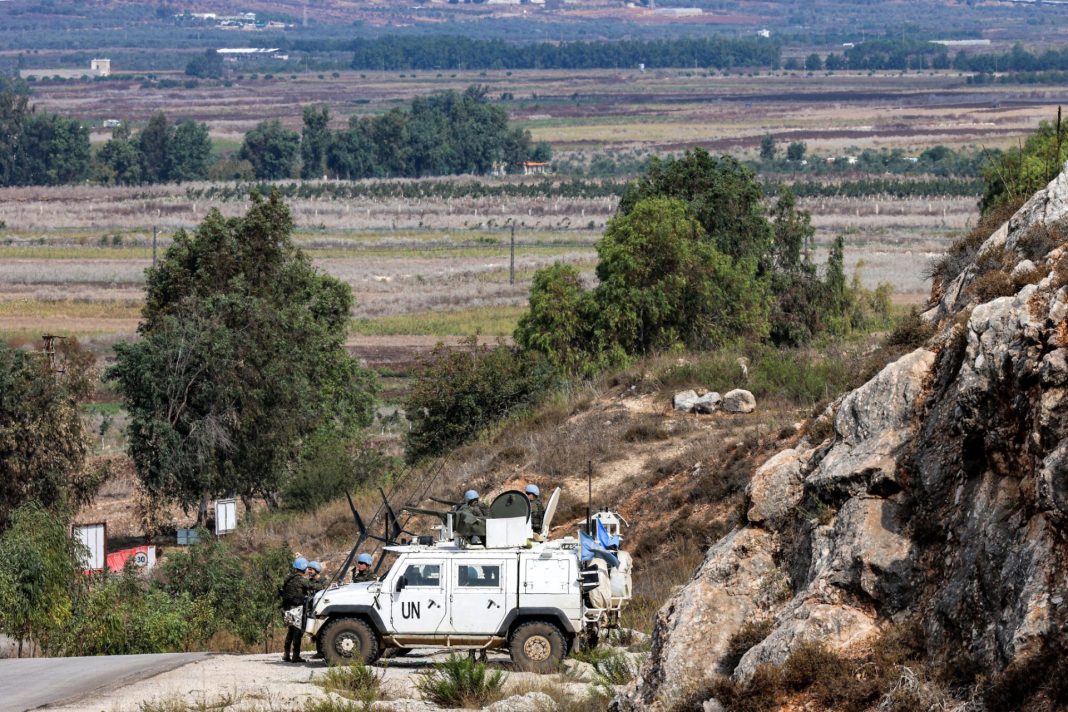“We affirm our agreement and pledge to implement the cease-fire immediately with Israel,” Mikati said following a meeting with Parliament Speaker Nabih Berri in Beirut.
He added that Lebanon is ready to send its army to the southern region in coordination with the UN peacekeeping mission (UNIFIL).
Adopted on Aug. 11, 2006, the resolution calls for a complete cessation of hostilities between Lebanon and Israel and the establishment of a demilitarized zone between the Blue Line (the boundary between Lebanon and Israel) and the Litani River, allowing only the Lebanese army and UNIFIL to possess weapons and military equipment in the area.
Several Israeli media reports emerged of a possible ground operation in southern Lebanon amid massive airstrikes across the country.
Mikati said his talks with Berri took up several internal issues, including the situation of displaced people and the need to provide necessary support for them.
The Lebanese premier added he will meet with representatives from donor countries on Tuesday to request aid for Lebanon.
Lebanese authorities estimate that around 118,800 have taken refuge in 780 shelters across Lebanon due to Israeli attacks in recent days.
Mikati noted Lebanon will accept “all donations” from international sources, ensuring they will be distributed transparently through the UN to those in need.
He also highlighted the importance of electing a new president for Lebanon through a consensus among all parties.
Mikati noted that Berri assured him he would call for a parliamentary session to elect a consensus president as soon as a cease-fire with Israel is achieved.
Lebanon has been without a president for nearly two years following the end of Michel Aoun’s term in 2022. A divided parliament has so far been unable to elect a new leader.
Makiti held talks in Beirut early Thursday with French Foreign Minister Jean-Noel Barrot.
“The solution lies in ending Israeli aggression on Lebanon and returning to the cease-fire call made recently by the US and France, supported by the EU and several Arab and foreign countries,” he stressed.
Since Sept. 23, Israel has launched massive airstrikes against what it calls Hezbollah targets across Lebanon, killing more than 900 people and injuring over 2,700 others, according to the Lebanese Health Ministry.
Several Hezbollah commanders have been killed in the Israeli raid, including its leader Seyyed Hassan Nasrallah.
Hezbollah and Israel have been engaged in cross-border warfare since the start of Israel’s war on Gaza, which has killed nearly 41,600 people, mostly women and children, following a cross-border attack by the Palestinian group Hamas on Oct. 7 last year.
The international community has warned that Israeli attacks in Lebanon could escalate the Gaza conflict into a wider regional war.
